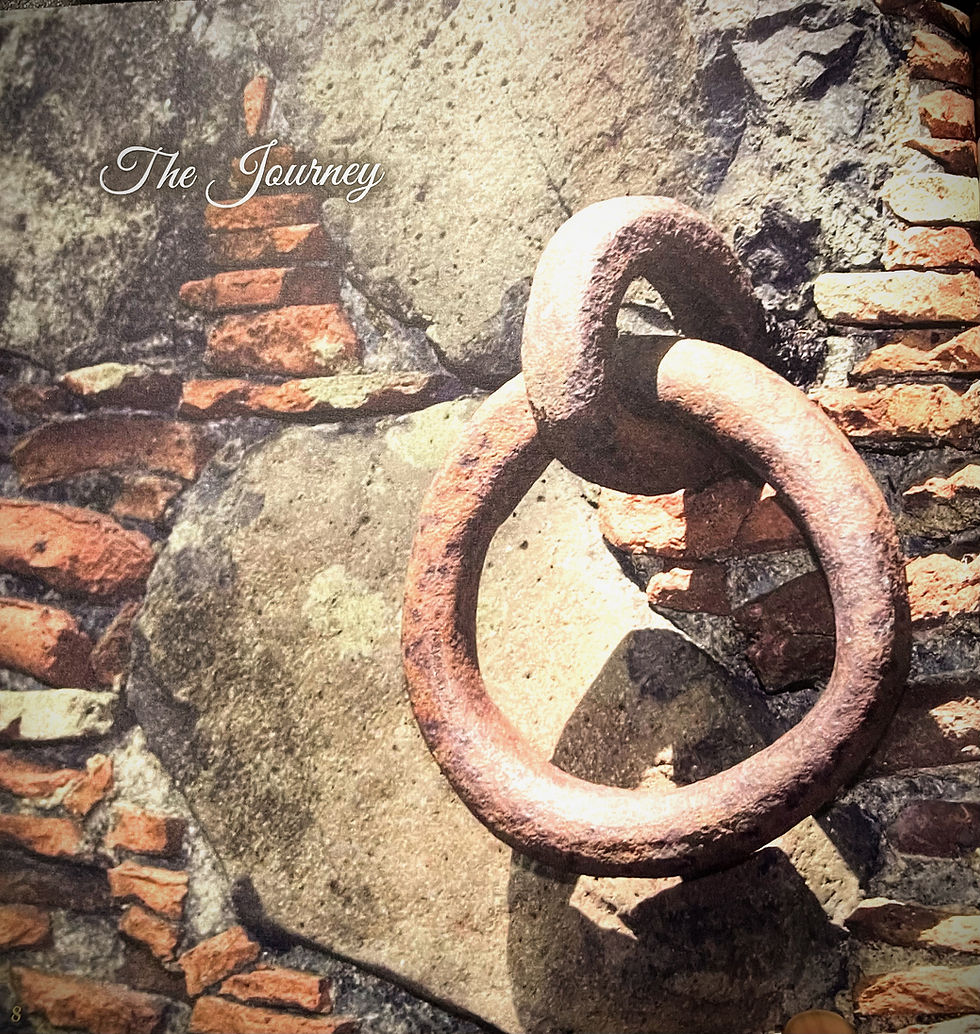“When I Think of Africa, I Think of Joy”
- warriorgip
- Mar 7, 2023
- 3 min read
Updated: Mar 8, 2023

"When I Think of Africa, I Think of Joy."
I bet you cannot guess who said this about Africa hundreds of years ago? It was Shakespeare! And you could not have guessed who said this: “Africa forever provides something new!” Pliny, the elder who died in the year 79 and who was a Roman scholar!
Four times I have had the chance to vacation in what most African Americans say is the Motherland. Ghana, 2009; Tanzania, 2010; South Africa and Swaziland, 2017; and most recently Angola, 2022. I look back and think I was fortunate to enjoy what Shakespeare and Pliny said so many years ago. I realize Africa provided the world so many monumental things: its sense of religion giving us the earliest concept of morality, immortality, rebirth, monotheism, baptism by water, the Virgin birth archetype, hell archetype as seen in The Husia, the oldest sacred text in the world. It houses the longest river: the 4,100 mile Nile; it houses the biggest waterfall: Victoria Falls in Zimbawe. It houses the biggest desert: the Sahara. It houses the first place where mining was done in Tanzania. It houses also the bones of the oldest man—found in the Olduvai Valley of Tanzania. Moreover the oldest art in the world is housed in South Africa as seen in the San cave art which I have seen. I have seen all of that. In fact the richest man who ever lived was the African Mansa Musa of Mali who passed out so much gold in Cairo in 1324 that he upset the money system for ten years. Even today he is still the richest man ever according to Martin Meredith author of The Fortunes of Africa: 5,000-Year History of Wealth, Greed and Endeavor. And it houses the most Christians out of any continent!

Photo Location: Muxima, Angola
Lord, I have felt reborn again every time I have visited the Motherland. Most recently as seen in my vacation to Angola from November 28-December 10, 2022 with the famous descendants of the first African Americans born in USA: the Tuckers who trace their roots back to Virginia 1624.
If you have never been to Africa as an African American, I beg you to go to Angola. Genealogists and historians trace the first Africans forced to get off the slave ship in what is now Ft. Monroe in August 1619 to Luanda, Angola. There you can walk the path of the ancestors. You can walk the path that led to the slave ships. You can take a boat ride on the Kwanza River which led out to the Atlantic with Africans destined to make some other race rich by being victims of a slavocracy! As celebrated black poetess Nikki Giovanni told my creative writing class, “Don’t buy things; buy experiences!” So I beg of you to please ”nga ku dionda” using the language Kimbundu which many Angolas spoke before being invaded by the Portuguese, to plan to visit Angola.
You may have the psyche shattering joyful experience I had. Just minutes before the bus arrived to take me to the airport to fly back to the US December 10, a blind Angolan came out of his hotel room led by his wife. He stopped in astonishment crying out, “ You look just like my aunt. You must be my aunt who passed away years ago. Look at her. Doesn’t she look like her? Oh my God. Oh my God! Children [his two grandchildren], come hug her!” I wanted to talk with him asking how could a man going blind single me out as his ancestor. But I regret not being able to sit down and talk. The bus came-took me away like what I felt in the case of the captured African—taken away without saying, “Goodbye.” But sadness turned to joy as I look back at --what this second to the largest continent in the world—has given the world!
I applaud the committee who worked on the curriculum for the controversial AP African American History course. Why? Because they started with ancient African kingdoms as it should be!
About the author: Dr. Margaret Bristow

Dr. Bristow is a former tenured associate professor of English at Hampton University. She now teaches at Humanities World Preparatory School Online. She is founder of a community education business entitled BERNICE, which stands for Better Educational Resources Needed in Community Education.
Dr. Bristow has been invited by the Journal of African American History to write the first review of a documentary on black poet Paul L. Dunbar.
She produced an article regarding the use of black teen novels to convey black history that was published in the summer Issue of the Journal of Interdisciplinary Studies. Very recent accomplishments include being honored as an outstanding woman from Hampton Roads February 2022. (BY WHO)





Comments